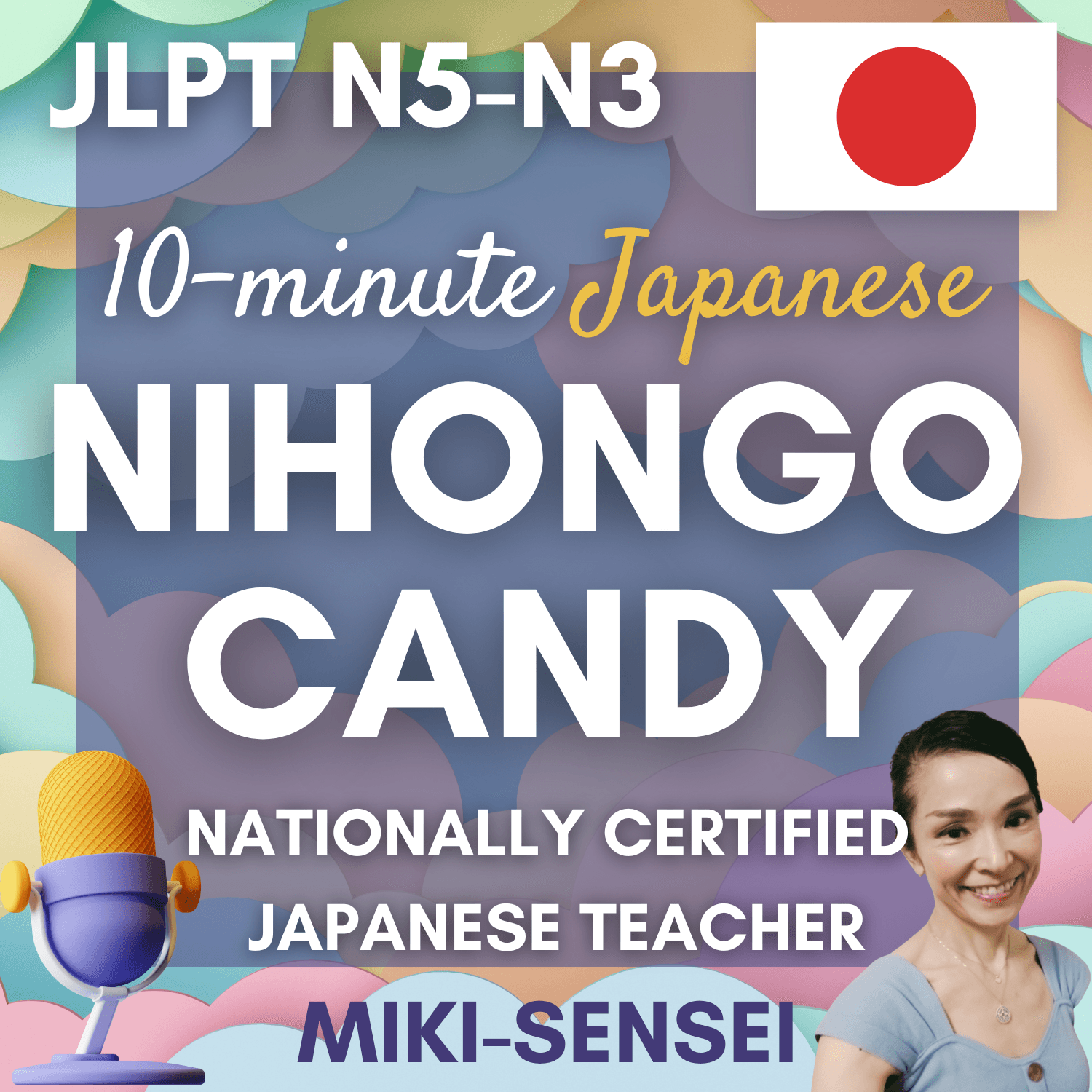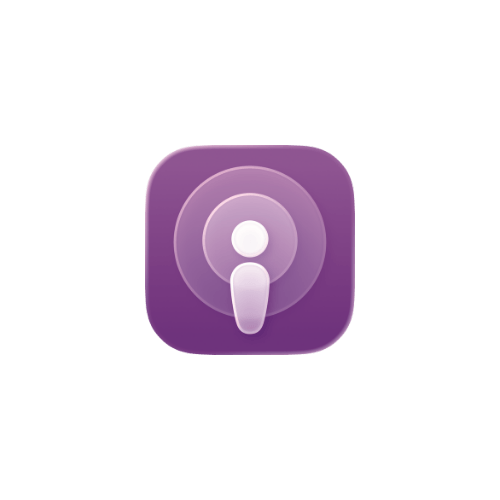
【 Podcast NIHONGO CANDY #118 】JLPT N3 Grammar ところtokoro - Timing and Politeness

Introduction
Today we're exploring an essential JLPT N3 grammar pattern that you'll hear constantly in daily conversation and business settings: 「ところ」(tokoro).
ところ we're studying today is not ところ meaning "place" that you probably already know, but rather ところ that expresses moments or situations in time.
This grammar ところ has different meanings depending on what comes before it, and it's crucial for expressing timing and showing politeness in Japanese communication.
The word ところ can mean "just about to do something," "in the middle of doing something," or "just finished doing something," depending on the verb form that comes before it.
We'll also learn how ところ connects with adjectives and nouns to create polite business expressions. By the end of this episode, you'll understand how to use ところ confidently in various situations.
Section 1: Three Different Verb Forms with ところ
There are three main patterns when using ところ with verbs.
The first pattern is [dictionary form] + ところです, which means "just about to do something." For example, 「今から出かけるところです」(ima kara dekakeru tokoro desu) means "I'm just about to go out now." You might also say 「今から食事をするところです」(ima kara shokuji wo suru tokoro desu) meaning "I'm just about to have a meal."
This pattern is very useful when someone calls or visits you at a convenient time. You can say 「ちょうど電話をかけるところでした」(choudo denwa wo kakeru tokoro deshita) meaning "I was just about to call you."
The second pattern is [て-form] いる + ところです, which means "in the middle of doing something" or "currently doing something." For example, 「今、レポートを書いているところです」(ima, repooto wo kaite iru tokoro desu) means "I'm in the middle of writing a report right now." You can also say 「会議の準備をしているところです」(kaigi no junbi wo shite iru tokoro desu) meaning "I'm in the middle of preparing for the meeting."
This pattern is perfect for explaining what you're currently busy with when someone interrupts you or asks what you're doing.
The third pattern is [past form] + ところです, which means "just finished doing something." For example, 「今、電車を降りたところです」(ima, densha wo orita tokoro desu) means "I just got off the train." You might also say 「さっき、山田さんと話したところです」(sakki, Yamada-san to hanashita tokoro desu) meaning "I just talked with Mr. Yamada."
This pattern is useful for explaining your current situation based on something you recently completed.
Section 2: Business Applications with Adjectives and Nouns
Now let's learn how ところ connects with adjectives and nouns to create polite business expressions that show consideration for others.
One of the most important business expressions is 「お忙しいところ」(oisogashii tokoro) meaning "when you're busy" or "during your busy time." This phrase shows politeness and consideration. For example, 「お忙しいところお時間をいただき、ありがとうございます」(oisogashii tokoro ojikan wo itadaki, arigatou gozaimasu) means "Thank you for taking time during your busy schedule." 「お忙しいところお時間をいただき、ありがとうございます」
Another common expression is 「お休みのところ」(oyasumi no tokoro) meaning "during your time off" or "when you're resting." For example, 「お休みのところお電話してすみません」(oyasumi no tokoro odenwa shite sumimasen) means "I'm sorry for calling during your day off." 「お休みのところお電話してすみません」
You might also hear 「お疲れのところ」(otsukareno tokoro) meaning "when you're tired" or "after your hard work." For example, 「お疲れのところ申し訳ありません」(otsukareno tokoro moushiwake arimasen) means "I'm sorry to bother you when you're tired." 「お疲れのところ申し訳ありません」
These expressions are essential in Japanese business culture because they show you're aware of and considerate about the other person's situation.
Section 3: Practice Exercises
1. "I was just about to send you an email."
「ちょうどメールを送るところでした。」
(Choudo meeru wo okuru tokoro deshita.)
2. "I'm in the middle of reading the report right now."
「今、レポートを読んでいるところです。」
(Ima, repooto wo yonde iru tokoro desu.)
3. "I just finished the meeting."
「会議が終わったところです。」
(Kaigi ga owatta tokoro desu.)
4. "Thank you for taking time during your busy schedule."
「お忙しいところお時間をいただき、ありがとうございます。」
(Oisogashii tokoro ojikan wo itadaki, arigatou gozaimasu.)
Closing
友だちと、カフェで会う約束をしました。(tomodachi to, kafe de au yakusoku wo shimashita) あなたは、時間通りに、カフェに着きました。(anata wa, jikan doori ni, kafe ni tsukimashita) 友だちは、10分ぐらい、遅れてきました。(tomodachi wa, juppun gurai, okurete kimashita) 友だちは、「遅れてごめんね」とあなたに言います。(tomodachi wa, "okurete gomen ne" to anata ni iimasu) そのとき、あなたは何と言いますか。(sono toki, anata wa nani to iimasu ka) 「ううん、私もさっき着いたところ。」(uun, watashi mo sakki tsuita tokoro) I just got here too. これは、自然で感じのいい言い方です。(kore wa, shizen de kanji no ii iikata desu) 「ううん、私もさっき着いたところ。」(uun, watashi mo sakki tsuita tokoro) ぜひ、使ってみてくださいね。(zehi, tsukatte mite kudasai ne)

Our Weekly Podcast
Practicality first! A weekly podcast that helps you master useful expressions and vocabulary you can start using in everyday conversations right away. Follow and listen, and you’ll find the dots connecting—your conversation skills will naturally improve.
BLOG CATEGORY
WELC Language Services - Copyright 2025 | TERMS of SERVICE | PRIVACY POLICY



